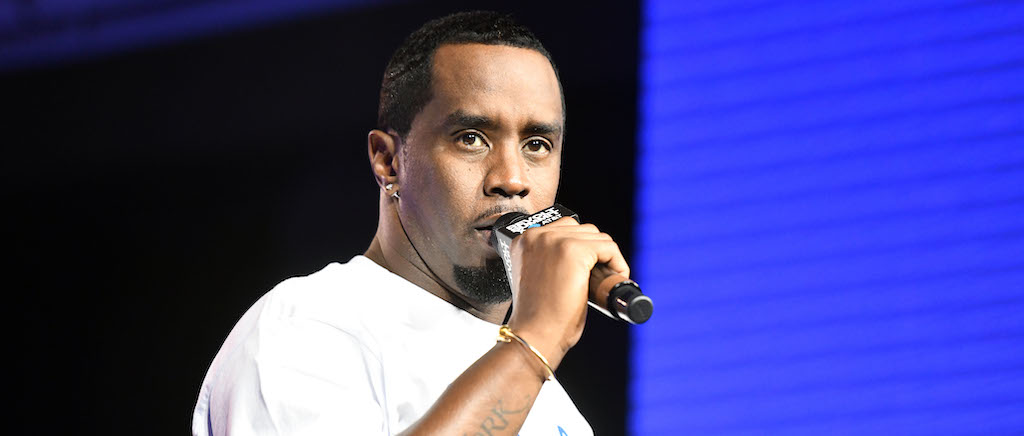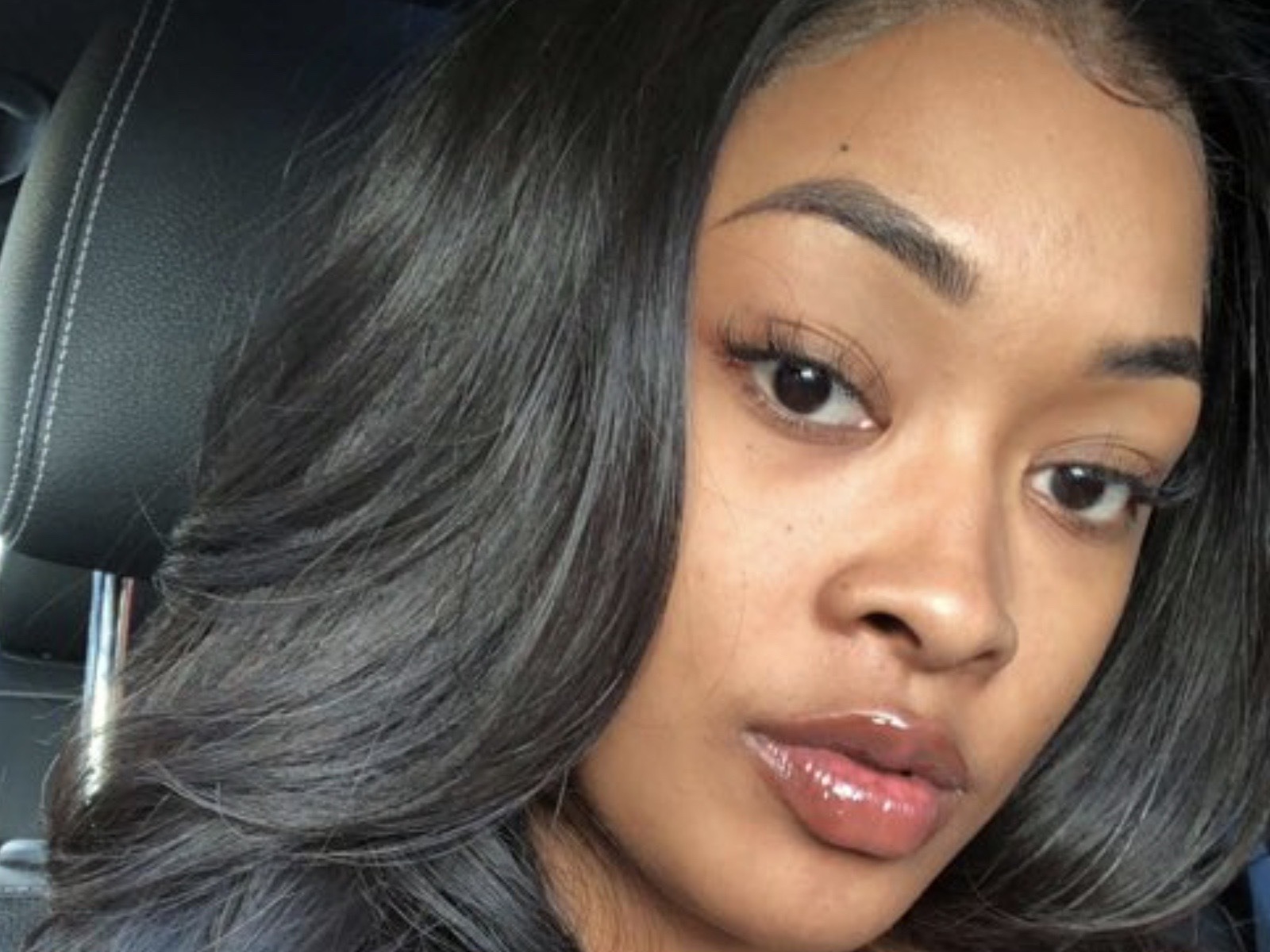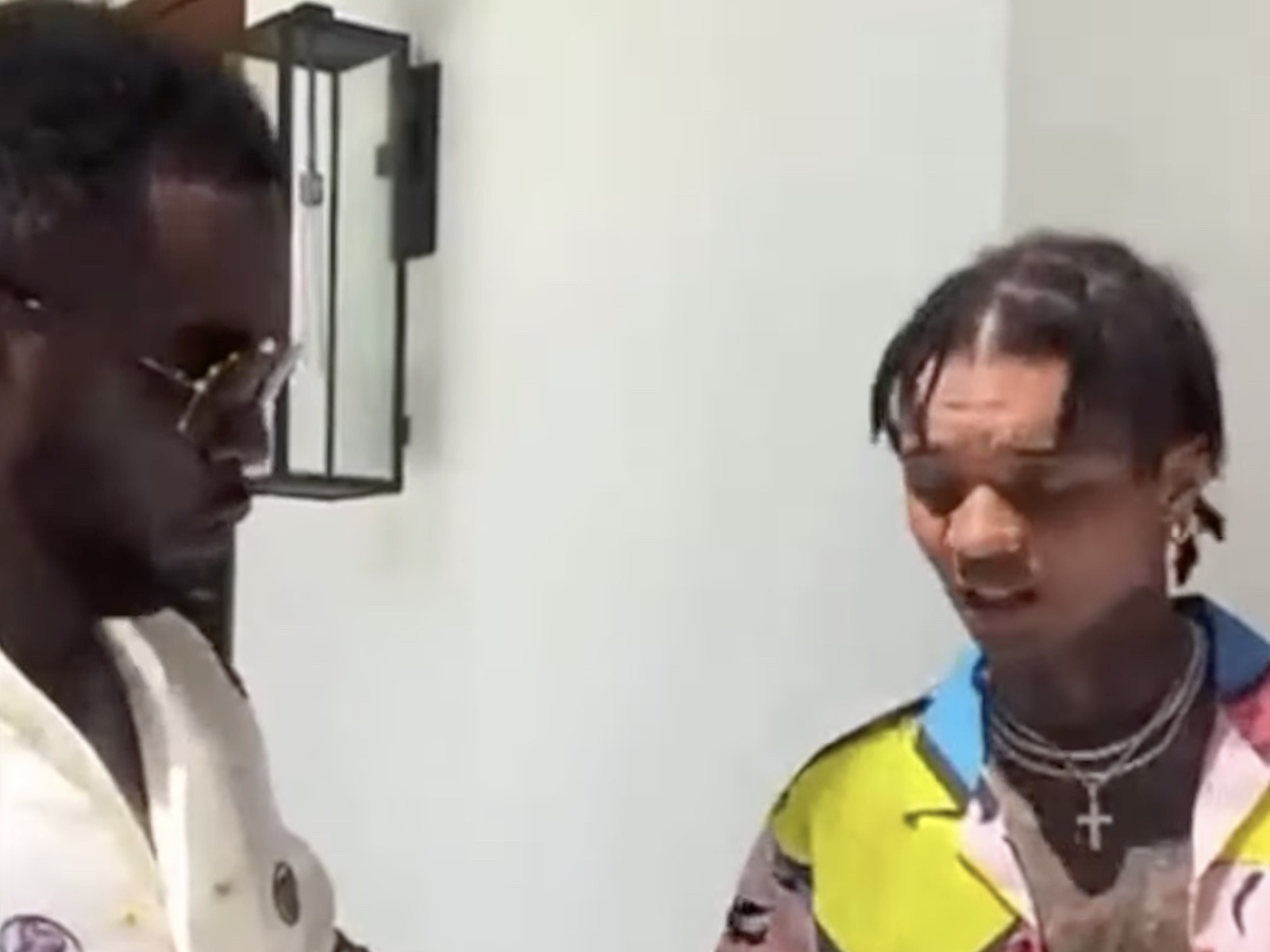
Diddy, the founder of the network Revolt TV, has penned an open letter to General Motors to call them out for their performative activism. According to Diddy, GM claims they support Revolt while simultaneously making them fight for advertising money. Diddy ended his letter by demanding that corporate America “reinvest an equitable percentage of what you take from our community back into our community.” However, since Diddy himself has a history of underpaying smaller artists, many saw his words as hypocritical.
Sharing an open letter to GM on Revolt’s website, Diddy wrote:
“When confronted by the leaders of several Black-owned media companies, General Motors (GM) listed my network, REVOLT, as an example of the Black-owned media it supports. While REVOLT does receive advertising revenue from GM, our relationship is not an example of success. Instead, REVOLT, just like other Black-owned media companies, fights for crumbs while GM makes billions of dollars every year from the Black community. Exposing GM’s historic refusal to fairly invest in Black-owned media is not an assassination of character, it’s exposing the way GM and many other advertisers have always treated us. No longer can Corporate America manipulate our community into believing that incremental progress is acceptable action.
Corporations like General Motors have exploited our culture, undermined our power, and excluded Black entrepreneurs from participating in the value created by Black consumers. In 2019, brands spent $239 billion on advertising. Less than 1% of that was invested in Black-owned media companies. Out of the roughly $3 billion General Motors spent on advertising, we estimate only $10 million was invested in Black-owned media. Only $10 million out of $3 billion! Like the rest of Corporate America, General Motors is telling us to sit down, shut up and be happy with what we get.”
After Diddy shared his open letter, though, many called him out for doing the same thing.
Ironically this is a letter that should be penned to you… Mr Corporate Combs
pic.twitter.com/a0jsF7Ie7u
— Jimmy Whispers
(@monomyth_ivxx) April 8, 2021
pay the artists that you stole from first love pic.twitter.com/aNuJWf7jIb
— she by shereé (@riseofthebape) April 8, 2021
Nobody:
Diddy: IF YOU LOVE US PAY US
All the artists diddy has failed to pay: pic.twitter.com/SFSiEvnvoI
— Big Girl Slay
(@Biggirlslay) April 8, 2021
Diddy writing an open letter to corporate America about not paying black artists pic.twitter.com/WcUAqmI1j9
— Yandy Luther King (@cxrodge3) April 8, 2021
There’s too many stories about artists having to eat cat food for survival under Diddy’s umbrella for him to be writing an open letter to corporate America.
Just make a new flavor of Ciroc and go!
— ᴅᴏʟʟᴀʀ (@callmedollar) April 8, 2021
Diddy is the “corporation” that he’s talking sh*t about so… where do we go from here? pic.twitter.com/Ho6hTplPuK
— 𝕮𝖔𝖚𝖗𝖙 𝕶𝖎𝖒
(@TheCourtKim) April 8, 2021
Chicago rapper and activist Noname agreed with critics, pointing out that Diddy is close to being a billionaire. “diddy… about a 150 million away from being a BILLIONAIRE diddy is shaming white corporations for a capitalist business model he almost completely replicated,” she wrote. “abolish the black capitalist industrial complex.”
diddy… about a 150 million away from being a BILLIONAIRE diddy is shaming white corporations for a capitalist business model he almost completely replicated
abolish the black capitalist industrial complex
https://t.co/xbpPtDnJA9
—
(@noname) April 8, 2021
Another woman shared her own story, claiming Revolt approached her and asked her to make content without pay. “Diddy, it starts with us,” she wrote. “I was recently approached to host a show for Revolt and it came without pay. We cannot keep knocking white folks for their disrespect towards minority creators while doing the same thing to each other.”
Diddy, it starts with us.
I was recently approached to host a show for Revolt and it came without pay. We cannot keep knocking white folks for their disrespect towards minority creators while doing the same thing to each other.I encourage you to be the change we need
https://t.co/Ms1Ekwlg5a
— Jessica Fyre
(@TheJessieWoo) April 8, 2021
Read Diddy’s full open letter here.










